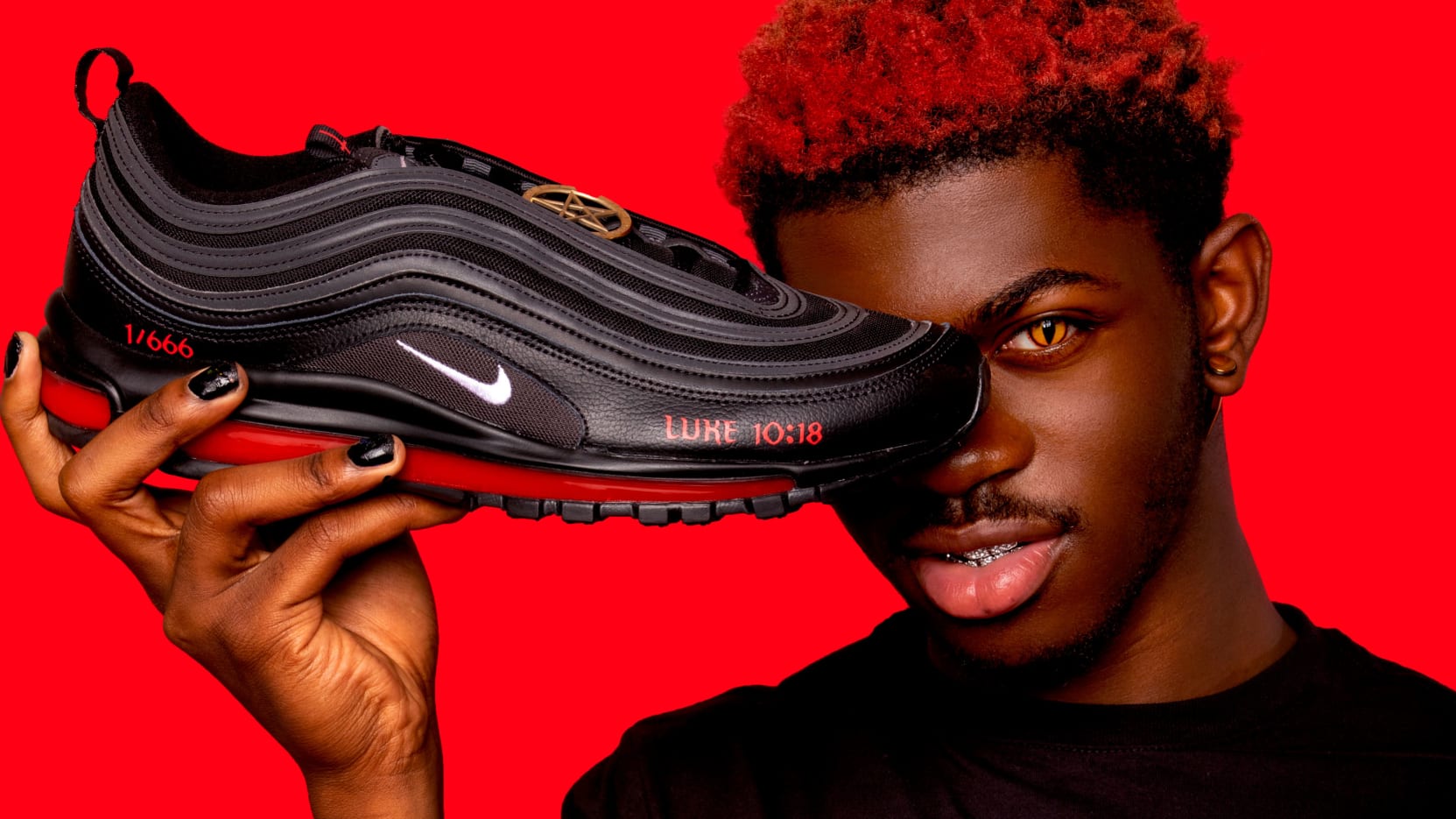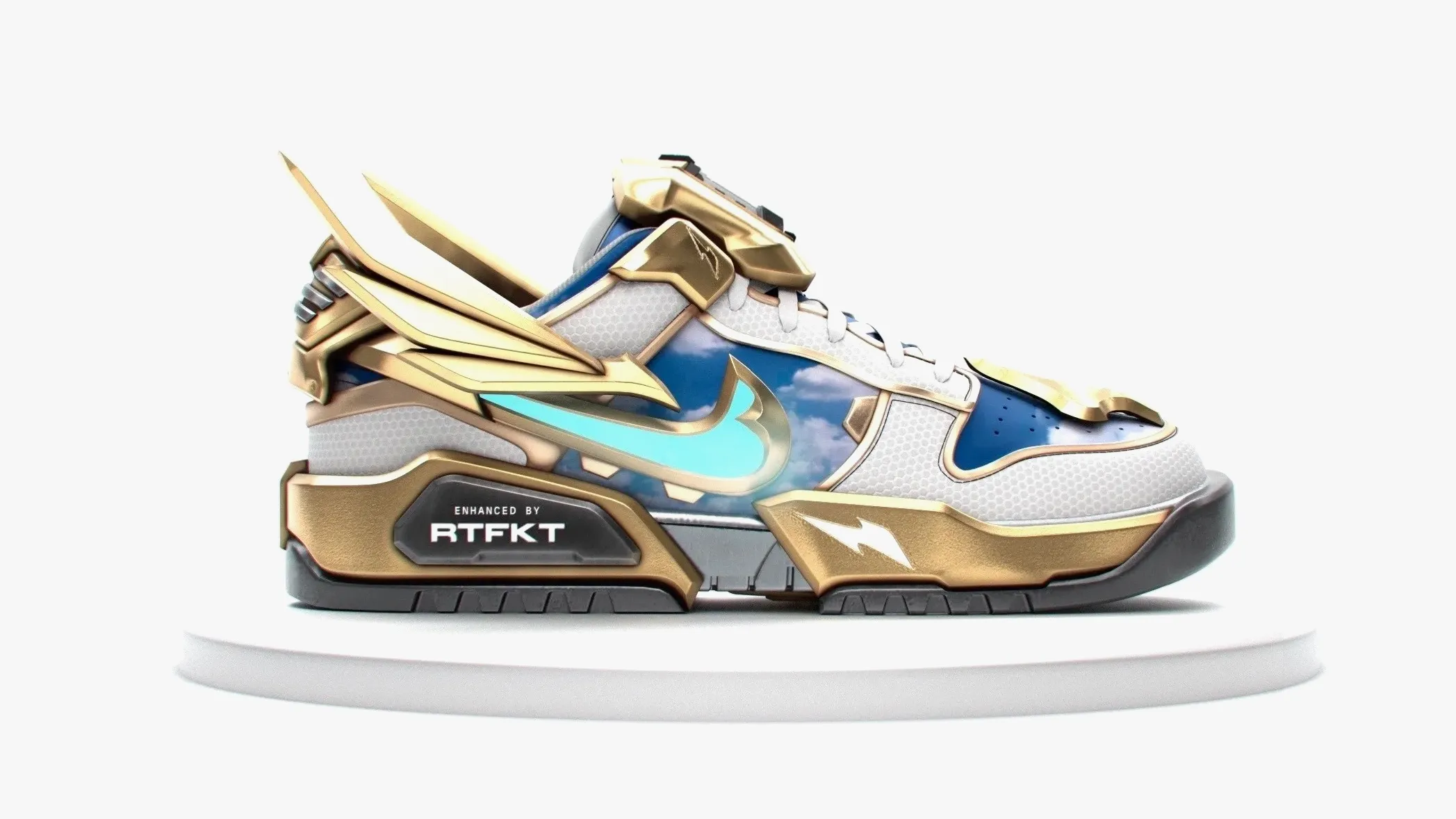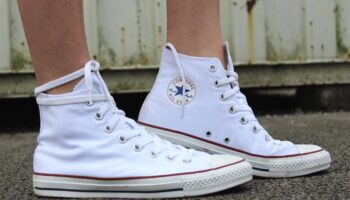About Nike
Nike, Inc. is a multinational company and one of the world’s leading manufacturers of athletic footwear, apparel, equipment and accessories. Founded in 1964 as Blue Ribbon Sports, the company adopted its current name, Nike, in 1971. The company is headquartered near Beaverton, Oregon, USA.
Nike is renowned for its innovative designs and technologies that meet the needs of athletes and fitness enthusiasts in a variety of sports and activities. The company’s mission is to bring inspiration and innovation to every athlete in the world. Nike’s iconic ‘swoosh’ logo is recognised worldwide and represents the brand’s commitment to quality, performance and cutting-edge style.
Nike operates through several business segments, including Nike Brand, Converse and Jordan Brand. The Nike Brand is the company’s core division and encompasses a wide range of products, including athletic footwear, apparel and equipment. Nike works with professional athletes and sports teams around the world to develop and promote its products.

In addition to its wide range of products, Nike is known for its marketing campaigns featuring influential athletes, celebrities and cultural icons. These campaigns often inspire individuals and encourage them to aspire to excellence in their respective fields.
Over the years, Nike has expanded its global reach and has a significant presence in various countries. The company operates numerous retail shops and sells its products through e-commerce platforms, independent retailers and authorised distributors.
Nike is strongly committed to sustainability and has a number of initiatives in place to reduce its impact on the environment. This includes using sustainable materials, reducing waste and promoting responsible manufacturing practices.
With its dedication to innovation, product quality and global influence, Nike continues to be a leading force in the sports industry, serving athletes and consumers around the world.
The story of Nike
Nike’s journey began in 1964 when track coach Bill Bowerman and middle-distance runner Phil Knight co-founded a company called Blue Ribbon Sports (BRS). Initially, BRS operated as a distributor for the Japanese footwear brand Onitsuka Tiger (now ASICS) in the United States.
In 1971, BRS launched its own line of footwear and renamed itself Nike, after the Greek goddess of victory. The company’s first employee, Jeff Johnson, came up with the name. The iconic Nike logo, the “swoosh”, was also designed at this time by Carolyn Davidson.
Nike’s early years were marked by innovative designs and marketing strategies. In 1972, Nike released its first running shoe, the Nike Cortez, which was a great success with athletes. The company’s partnership with renowned athletics coach Bill Bowerman contributed to the development of cutting-edge sports footwear.

One of Nike’s major turning points came in 1984 with the signing of basketball player Michael Jordan. Nike launched the Air Jordan line of trainers, which became extremely popular and contributed to the company’s rapid growth in the basketball market.
Over the years, Nike has continued to expand its product range and forge partnerships with top athletes in various sports, including tennis player Andre Agassi, footballer Ronaldo, golfer Tiger Woods and many others. These collaborations have helped make Nike a leading brand in various sports.
In the 1990s, Nike was confronted with controversies related to labour practices and working conditions in overseas factories. This led to increased scrutiny and criticism of the company’s supply chain management. In response, Nike has made efforts to improve working conditions and implement sustainable practices in its manufacturing processes.
In the early years, Nike extended its influence beyond athletic footwear and apparel. The company acquired brands such as Converse and Hurley, diversifying its product portfolio. Nike also embraced digital technology with the launch of the Nike+ platform, which combined fitness tracking with social elements.
In recent years, Nike has made sustainability and environmental responsibility a priority. The company has set ambitious targets to reduce its carbon footprint and increase the use of sustainable materials in its products. Nike’s “Move to Zero” initiative aims to achieve zero carbon emissions and zero waste in its supply chain.
Offering Products and Services
Nike offers a wide range of products and services for athletes and sports enthusiasts. Here are some of Nike’s key offerings:
- Footwear: Nike is well known for its sports footwear, designed for different disciplines such as running, basketball, football, tennis, golf and many others. They offer a varied selection of performance footwear including running shoes, basketball trainers, football cleats and lifestyle shoes.
- Apparel: Nike offers a full range of sportswear for men, women and children. Their apparel line includes sportswear, performance apparel, outerwear, jerseys, shorts, leggings, t-shirts, hoodies, and much more. These products are designed with comfort, performance and style in mind.
- Equipment: Nike manufactures and sells a variety of sports equipment, including sports balls (such as basketballs, footballs and soccer balls), training accessories (such as weights, resistance bands and exercise mats), sports bags, socks, headbands, wristbands and other fitness accessories.
- Accessories: Nike offers a wide range of accessories to complement its products, including caps, socks, gloves, sunglasses, watches, backpacks, travel bags, sports bags and sport-specific accessories such as shin guards, ankle pads and compression sleeves.

- Digital services: Nike has embraced digital technology to enhance the consumer experience. The popular Nike Training Club (NTC) and Nike Run Club (NRC) mobile apps offer personalised training programmes, workouts, running tracking and training tips. These applications offer advice, motivation and community support for users’ fitness goals.
- Personalisation: Nike allows customers to personalise their footwear and apparel through platforms such as Nike By You (formerly NikeID) and Nike By You Studio. These services allow customers to choose colours, materials and designs to create unique and personalised products.
- Collaborations: Nike frequently collaborates with renowned athletes, designers and brands to create limited edition collections and collaborations. These partnerships result in unique and highly sought-after products that combine performance and style.
- Retail shops and e-commerce: Nike operates its own retail shops around the world, offering an in-person shopping experience where customers can discover and try on products. In addition, Nike sells its products through various e-commerce platforms, allowing customers to shop conveniently online.
It is important to note that Nike’s product offerings can vary by region and season, and the company is continually introducing new designs, technologies and collaborations to meet the evolving needs and preferences of its customers.






